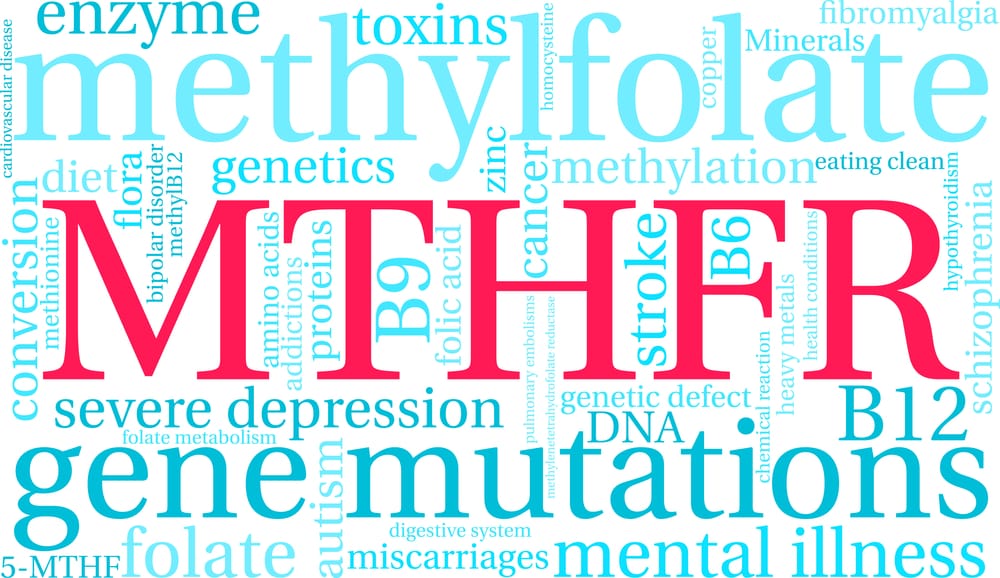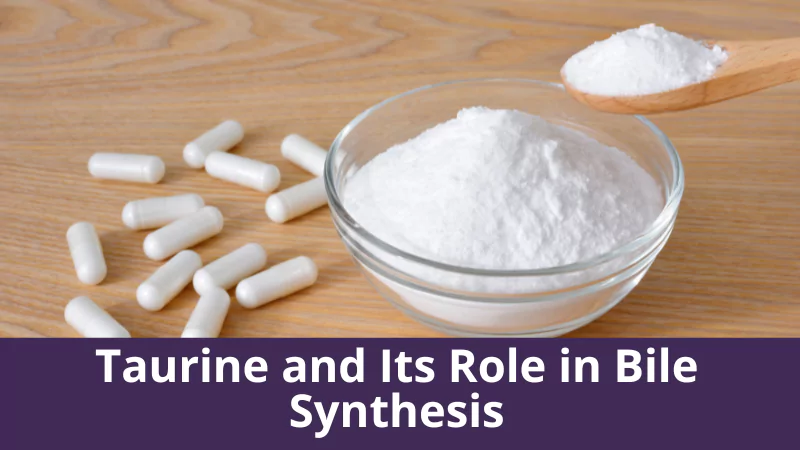What is Down’s Syndrome?
Down’s syndrome is a condition resulting from a genetic abnormality in which an extra chromosome is present, giving a total of 47 rather than 46 (at the 21st chromosome).
Currently, the strongest risk factor associated with Down Syndrome is maternal age, with the chances of having a child with this syndrome increasing as the age of the parents increases.
Those with the condition share certain characteristics including a flat facial appearance with slanting eyes, broad hands with short fingers and a single crease across the palm, malformed ears, eyes with a speckled iris, and a short stature.
Many individuals also have a degree of learning disability, although this varies widely and some are of normal intelligence.
Please note, science currently demonstrates a link between MTHFR and Down Syndrome, but more research is needed in order to list MTHFR as a concrete risk or causative factor.
Research
A study examining the presence of mutated MTHFR and methylation-related genes in mothers of children with DS was undertaken by Liao et al (2010). The authors found the homozygous 677TT mutation to be more prevalent in mothers of children with DS when compared to a group of mothers with healthy controls. This mutation was found to give mothers a 3.51 increased risk of giving birth to a DS child compared to controls. The MTRR A66G mutation was also independently associated with a 3.16 fold increase in DS risk.
The presence of the MTHFR C677T mutation was studied in a group of mothers with Down’s Syndrome children. Results found the 677TT genotype to be present in 1.8% of the case group, with none of the women in the control group found to be carrying this genotype. The frequency of a T allele in cases was 0.13, compared with 0.11 in controls. Therefore, neither of these findings were found to be positively linked with the increased risk of developing Down’s Syndrome in offspring.








